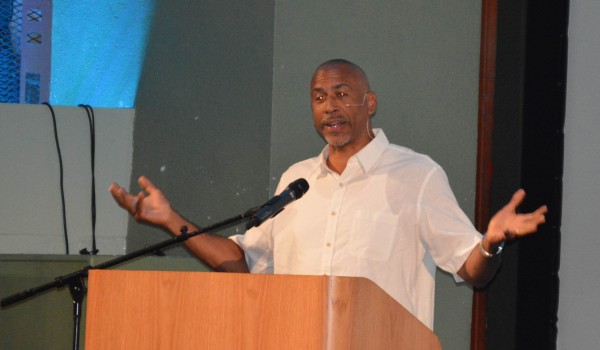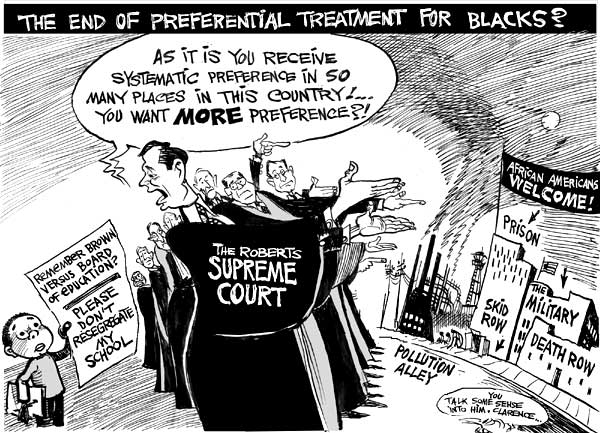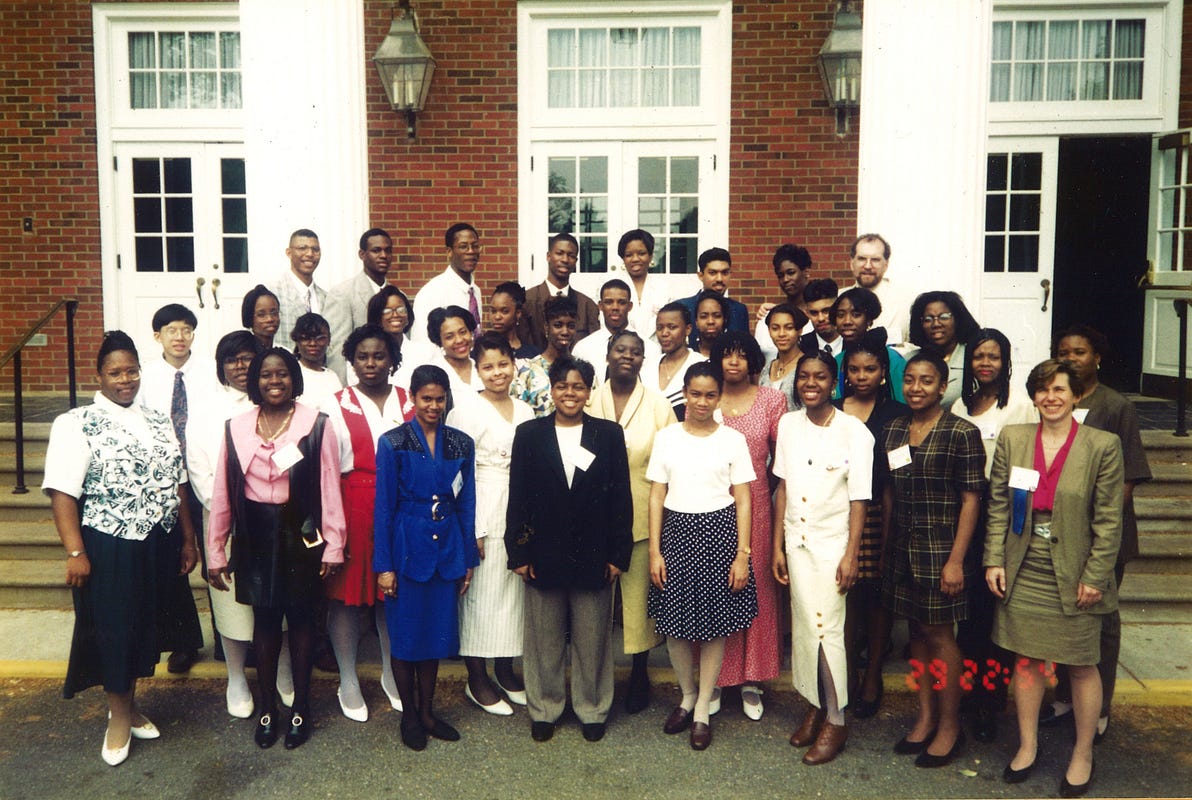Mission High and the Full Beauty of the World

Let me first recommend everyone read Kristina Rizga’s Mission High: One School, How Experts Tried To Fail It, and the Students and Teachers Who Made It Triumph (Nation Books, 2015). I would be remiss if I didn’t tell you how many education books I’ve read in the last few years that namedrop the infamous A Nation At Risk report at the catalyst for the current status quo of public schooling, and how the mere mention of T.H. Bell or David Gardner usually knocks me out.
What sets this book apart from those books is its fascination and attention to the voices of the students, teachers, and principal. The reader is pulled into the lives of the inhabitants of Mission High School in San Francisco, CA, rooting for their uplift, drowning in their frustrations. At some points, the reader forgets that Rizga’s narrating the book, letting the understandings of the people she interviews take over her writing. She also comes from a sect of white education journalists who can deftly write about race with a three-dimensional nuance, sans platitude, stereotype, or self-indulgence.
But I don’t really do book reviews. I write essays.
As such, I’d like to key in on one of the students she interviewed, George, and the spark he left in my mind here:
George used to think that people who think slowly are not smart, but close work with his classmates made him realize that rushing to answers is not always the best way to solve problems. It was often the slower thinkers who forced everyone to deliberate on the relative advantages of various ways to get to the answer. ‘Human brains are too weak to appreciate the full beauty of the world, and rushing through any process makes you miss out on important parts,” he says.
Even without context, you can tell this student keyed in on something that few policy wonks tap into, and that’s the idea of what an education is.
The more we attempt to formulate and extrapolate the milieu of a good classroom, we get these nuggets of evidence that perhaps we’re focused on all the wrong things. It’s not enough to simply critique the standardized testing element because, even without that, pundits can standardize everything else, from the number of books our students must read to the lesson plans educators use in classrooms. So when I ask us to opt out of the whole status quo, I’m asking everyone to reconsider what deserves standardization and why.
Take George’s reasoning as an example. Would we rather demand that all students think exactly the way the teacher does about the math problem in front of them or would we want to have a larger Mission High and the Full Beauty of the World | The Jose Vilson:
























